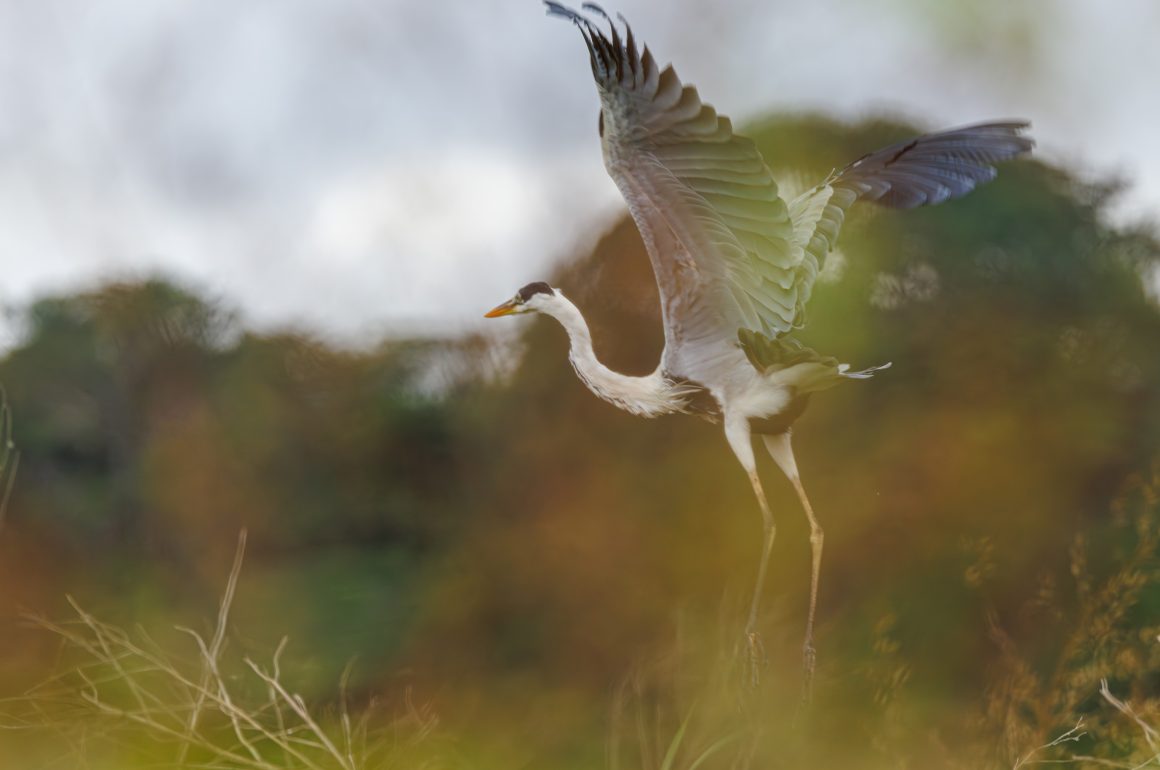
Birding the Chagres River: The Chagres River in Panamá is a vital waterway, winding through the lush forests of the Chagres National Park, it is not only a lifeline for the Panamá Canal but a reservoir for the cities drinking water as well as a haven for wildlife enthusiasts. For birders like me, it’s a paradise teeming with vibrant avian life. Recently, my wife and I had the pleasure of spending a few days exploring the Chagres River, and it was nothing short of spectacular.
Our journey began at the Chagres River Lodge, nestled on the riverbanks at Santa Rosa, Colón and run by the delightful Alba and Erik. From the moment we arrived, the lodge’s garden greeted us with a dazzling array of birds. Crimson-backed Tanagers flitted among the trees like rubies in the sunlight.
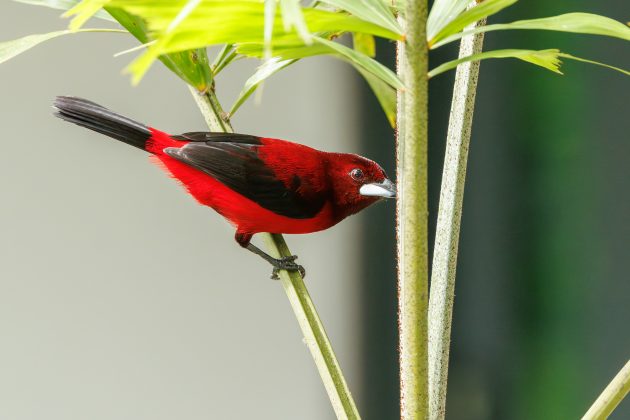
Red-legged Honeycreepers, Cocoa Thrush, Thick-billed Euphonias, Blue-gray Tanagers and Summer Tanagers seemed to compete for our attention.
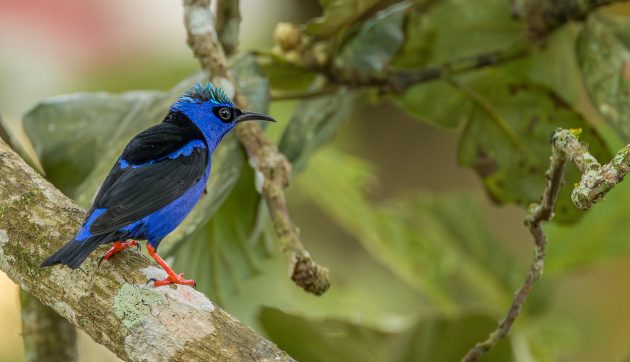
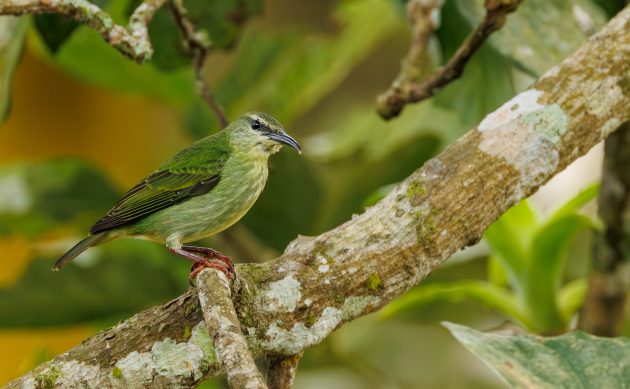
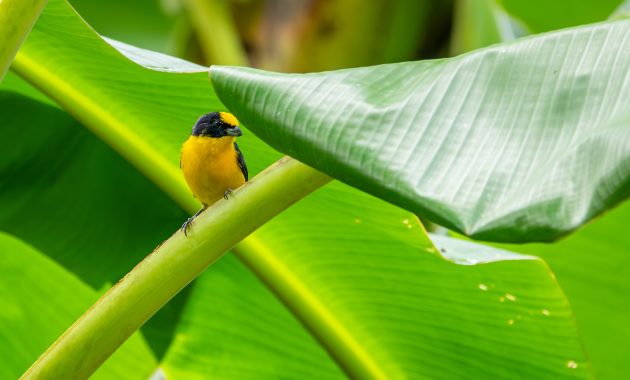
If this was the welcome party, I couldn’t wait to see what lay ahead.
Later that afternoon, Erik took us on a kayaking excursion. Although I had kayaked on the mighty Zambezi River in Africa many years ago, this was my first time back in a kayak in almost 20 years. Let’s just say, it showed.
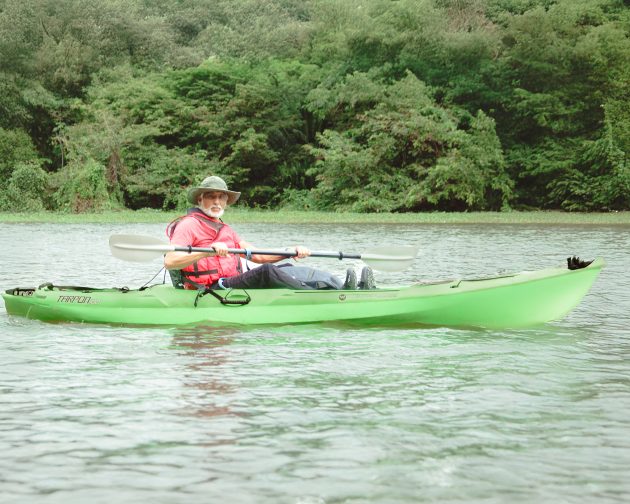
The breeze was relentless, pushing against us, and I initially struggled to keep the kayak moving or even pointing in the right direction. After a few comical zigzags and a fair amount of splashing, I finally got the hang of it again.
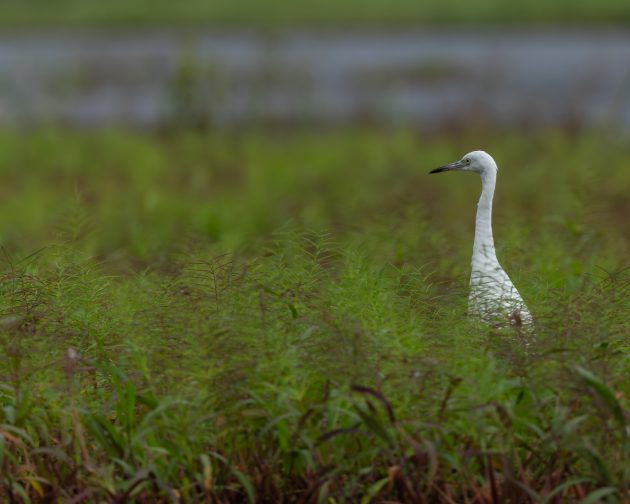
Gliding along the waters of the Chagres River, we encountered elegant Egrets, Wattled Jacana striding delicately over floating vegetation, and Little Blue Herons in search of a meal.
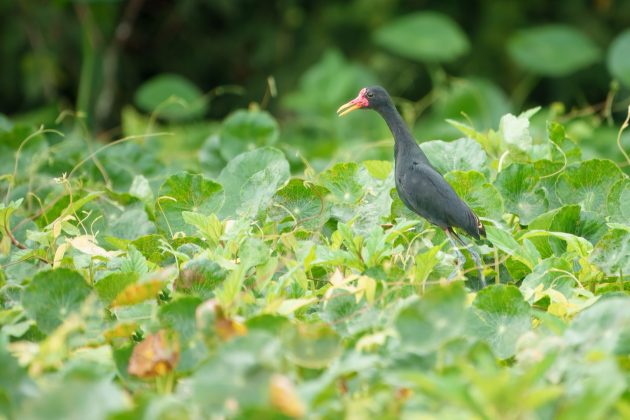
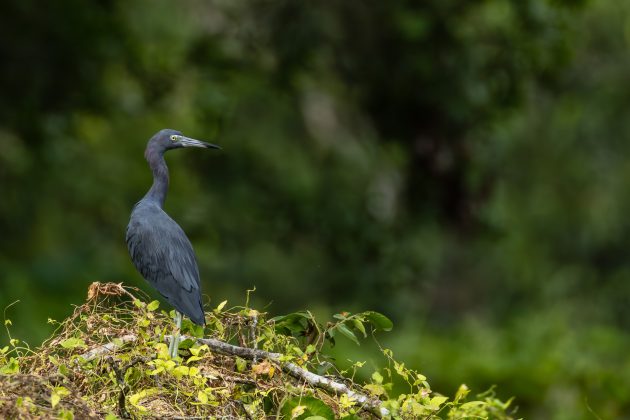
A Kiskadee’s vibrant call echoed through the air, while a Snail Kite perched patiently, scanning for its next feast. Paddling the Chagres felt like entering another world, almost jurassic in nature, and a world where the birds reigned supreme.
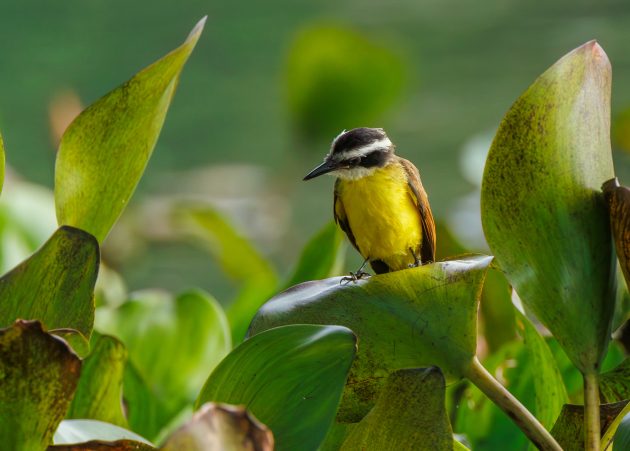
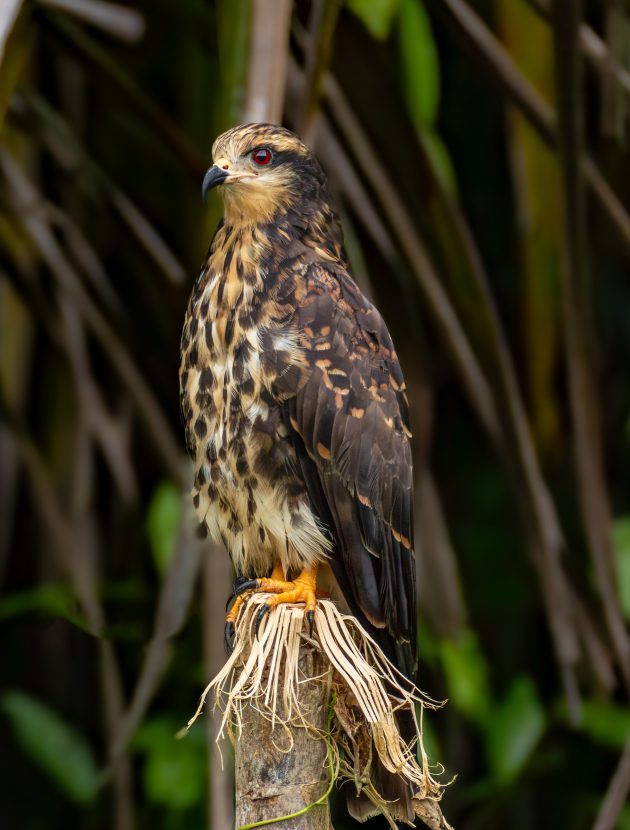
Day two was a cultural and birding delight. Alba and Erik had arranged a trip for us to one of the larger indigenous Emberá village on the banks of the Chagres, After a short drive, we met with our Emberá guide, who welcomed us aboard a traditional canoe for a 30 mins journey upstream. Along the way, we spotted towering Great Blue Herons, striking Cocoi Herons, and charismatic Amazon and Green Kingfishers.
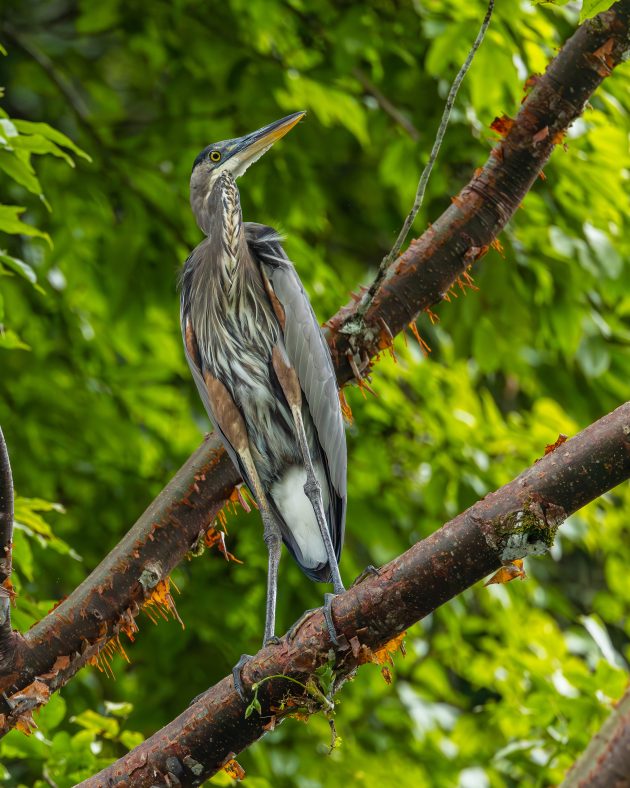
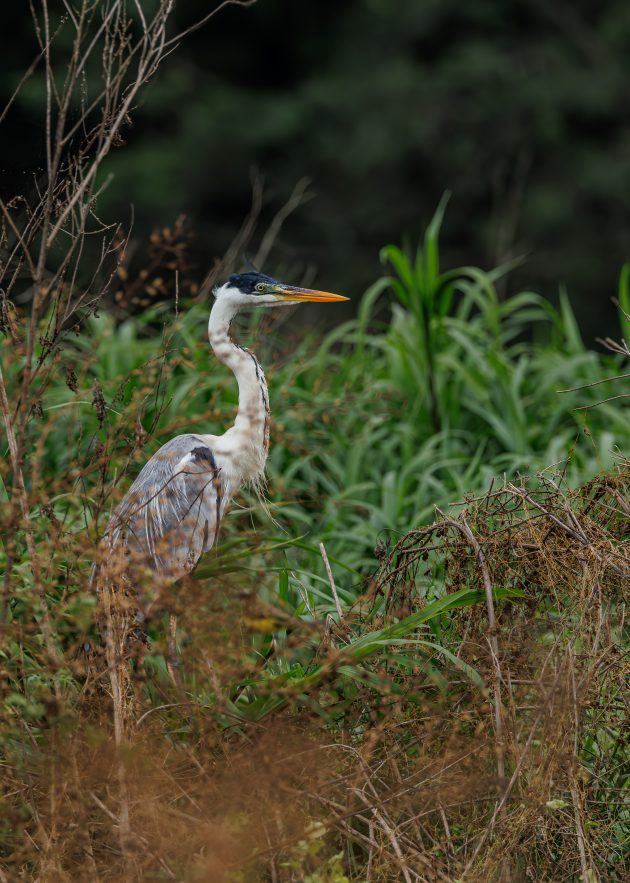
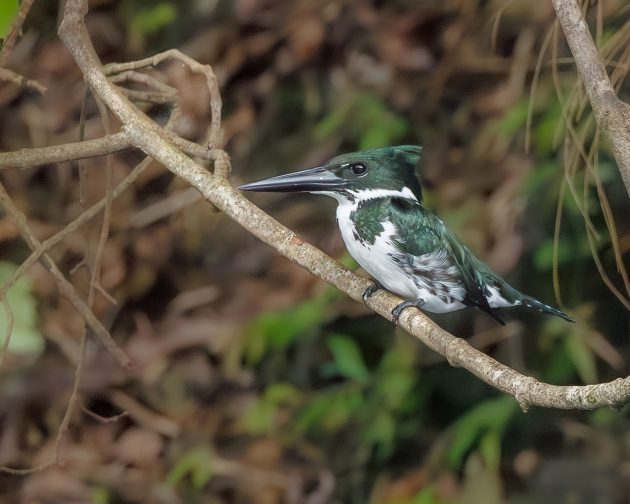
Our Emberá guide was quick to point out an Osprey soaring not far from us.
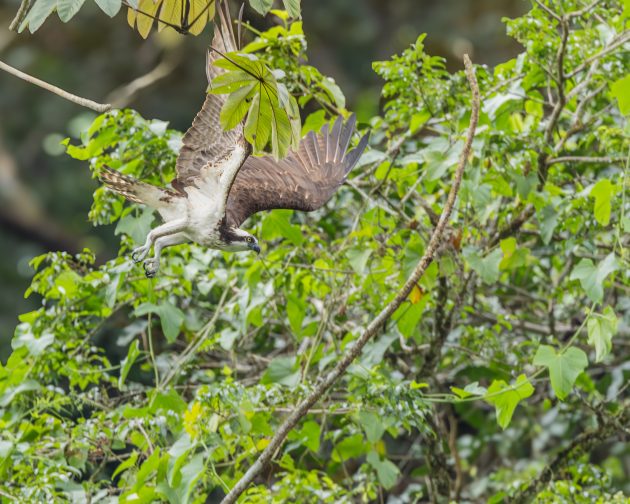
Sandpipers darted along the shoreline while Cormorants were either sunning themselves or trying to catch a meal .
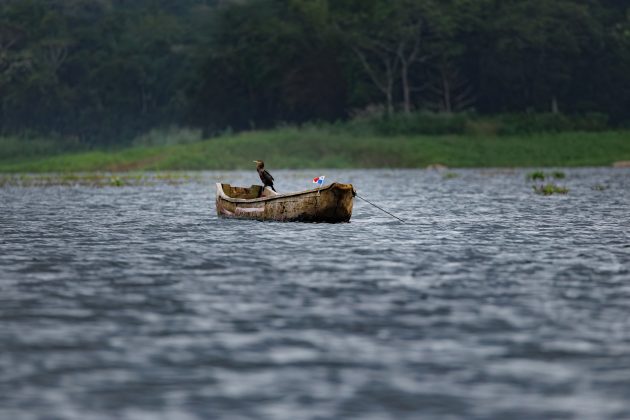
As our canoe docked in front the village, a chorus of singing Emberá women welcomed us with traditional music and dance.
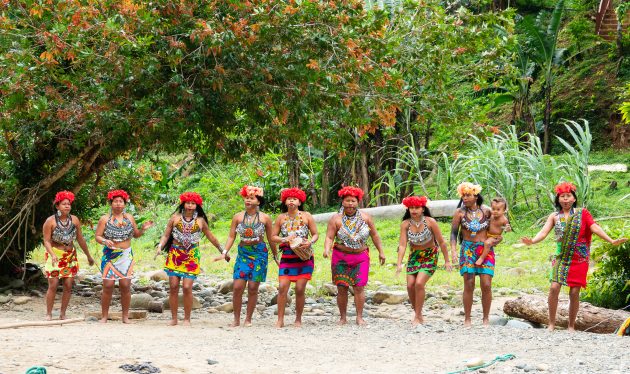
After the welcome and a quick walk around the craft shop, our “boat captain/guide” took us on a walk through the village where they had built hiking trails. We saw Motmots with their pendulum-like tails, Aracari Toucans, Northern Waterthrush. Cinnamon Becard and Velvety Manakins added splashes of color to the forest.
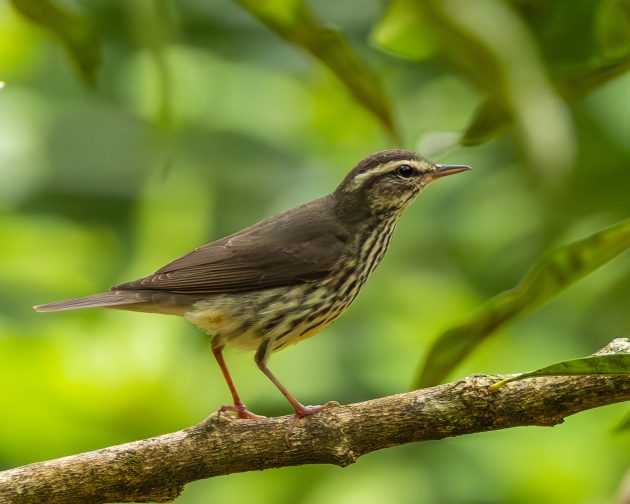
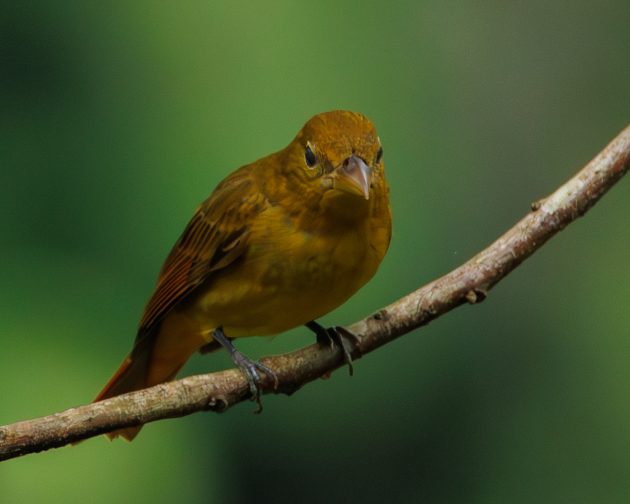
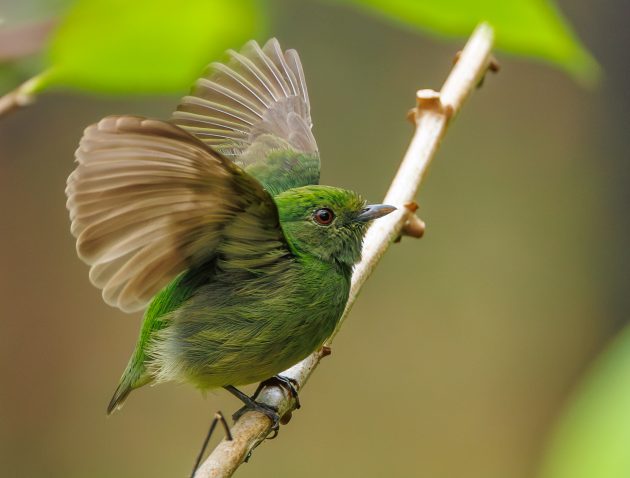
A Variable Seedeater chirped melodiously, and a small Emberá boy proudly showed off an Orange Chinned Parakeet perched on his fingers. Strangely, the bird didn’t seem to realize it could fly, it stayed put, much to everyone’s amusement.
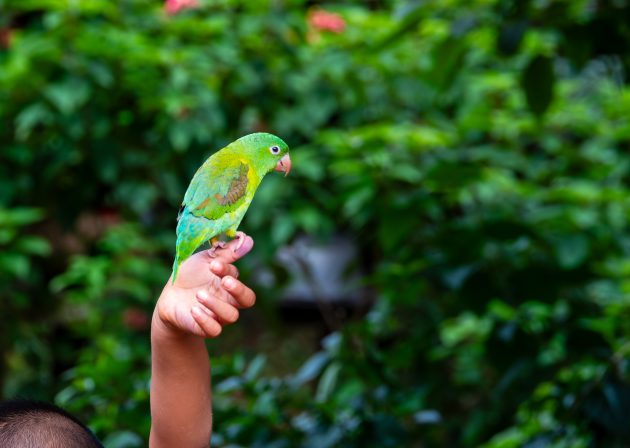
After a delicious meal prepared by the Emberá women, we returned to the Chagres River lodge. That evening, the trees around the lodge came alive with parrots chattering animatedly, adding a final flourish to a truly immersive day.
On our last morning, the lodge did not disappoint. We spotted more songbirds, a Buff-breasted Wren
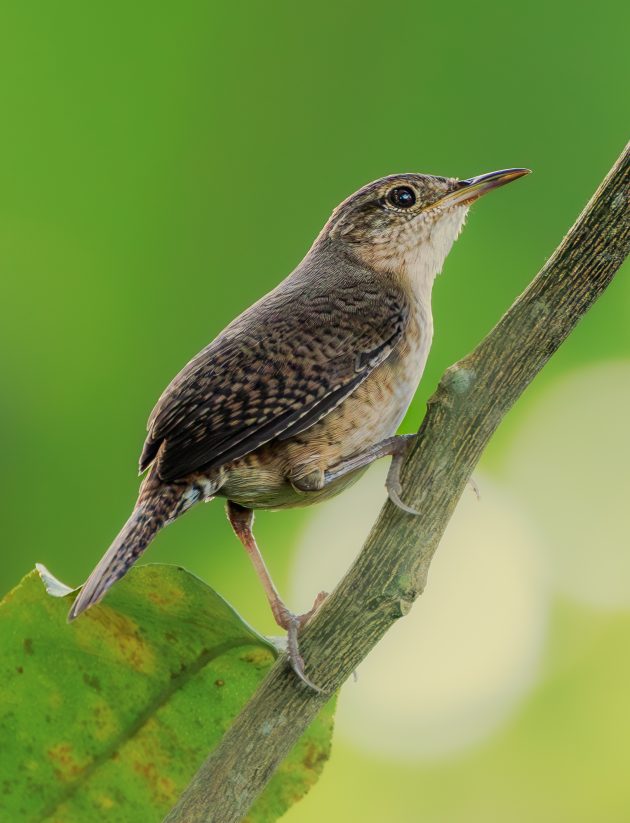
as well as a Tennessee Warbler, Ringed Kingfisher, a Cocoa Woodcreeper, Swifts, and Sparrows.
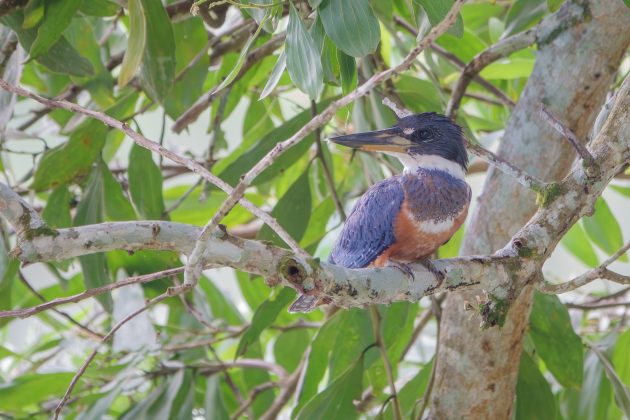
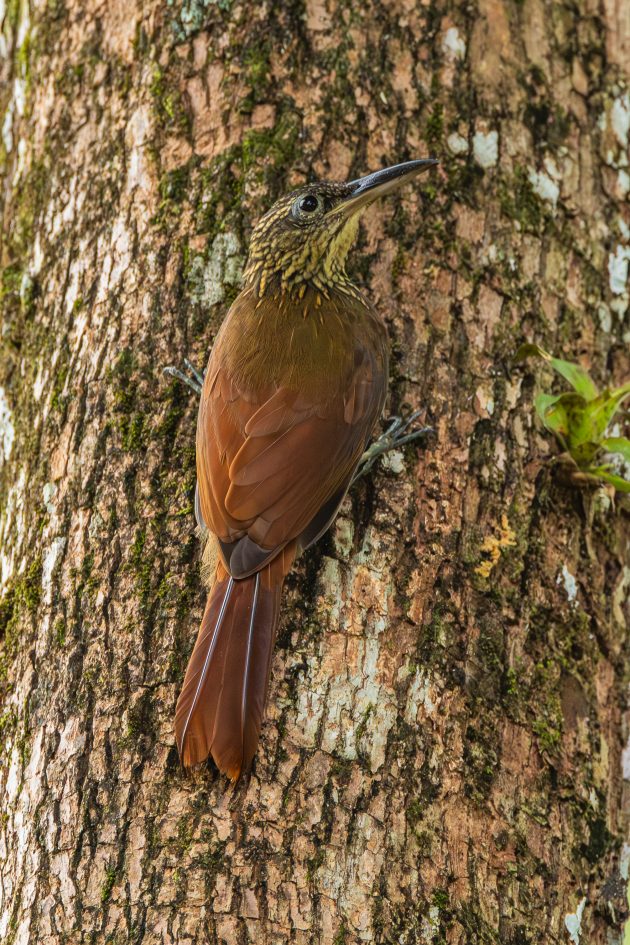
Just when I thought things couldn’t get any better, a Lesser Scaup Duck made an unexpected appearance, calmly swimming in front of the lodge as if bidding us farewell for a safe journey home.
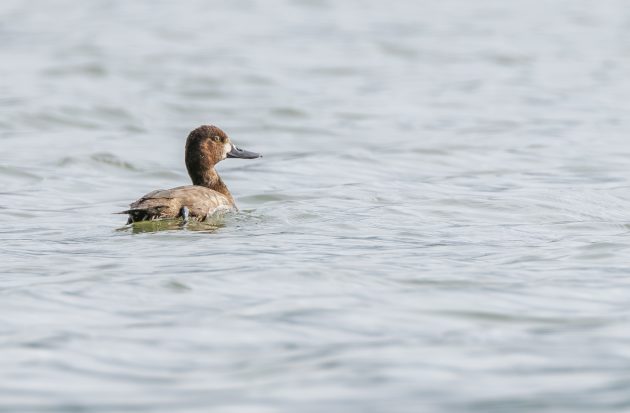
We saw many different species of birds on this trip including seven lifers for me ( Snail Kite, Cinnamon Becaud, Lesser Scuap, Barn Swallow, Northern Waterthrush, Tennessee Warbler and Buff-breasted Wren). Our taxi arrived and as we said goodbye to our hosts at the Chagres River Lodge, we already knew we would be back soon.
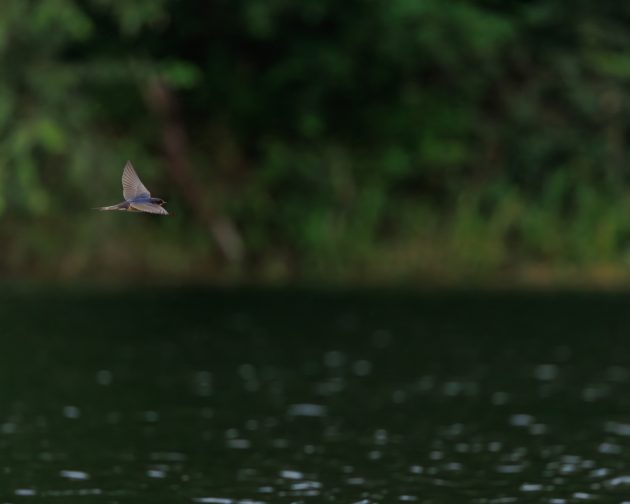
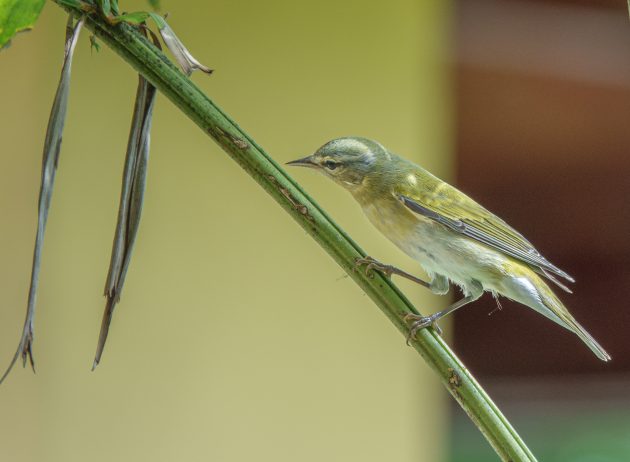
Note: Photos prefixed with “**” captured by Sue Rampersad






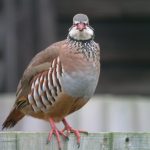
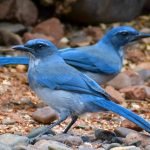
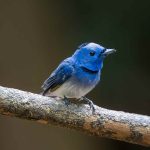
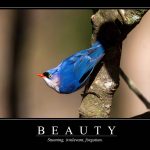
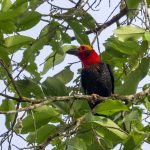
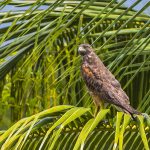
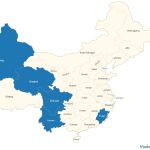
Great photos and great birds! While I could do without the dance part, I think I will have to go to Panama eventually and see these birds …
This post brought back some memories – the Panama Canal Zone is amazing for birds. Panama was my first Neotropical destination and I ticked 80+ lifers on the first morning. I had to take a nap to recover! Seeing some of my favourites makes my day, thanks.
Thanks Kai. Panamá awaits you!
@Peter, happy to hear my post brought back fond memories. 80+ lifers in one morning….I hope Kai took note of that.